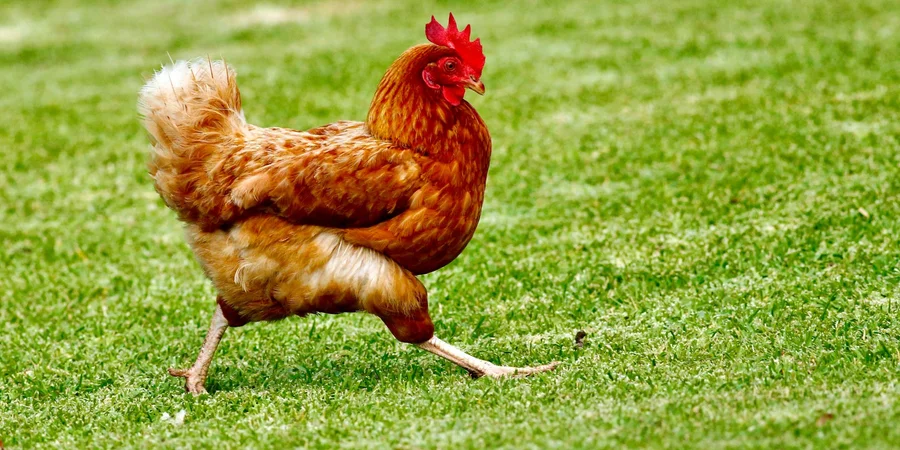
Researchers at the University of Edinburgh have tested livestock for resistance to viruses to prevent dangerous mutations that could pose a threat to humans.
More than eight million poultry have been killed or destroyed by outbreaks in the UK since 2021.
However, scientists warn that more work is needed to eradicate any possibility that the gene-editing technique could lead to a mutation of the virus and a potential step toward infecting humans.
To do this, they used the CRISPR-Cas9m technique (called “genetic scissors”) to edit the DNA in the ANP32A gene.
The gene performs a biological function in healthy chicken cells; when they become infected with avian influenza, the virus takes over the gene to create more copies of itself.
However, the study showed that when chickens with the altered gene were exposed to a typical dose of the virus, nine out of ten were able to resist infection.
Accordingly, only one chicken excreted a small amount of the virus for a day or two.
Despite the DNA intervention, the birds remained healthy and continued to lay eggs for two years of the study.
This article contains general information for reference only and should not be considered as an alternative to medical advice. NV is not responsible for any diagnosis made by the reader based on the materials on the site. NV is also not responsible for the content of other Internet resources linked to this article. If you are concerned about your health, consult a doctor.

